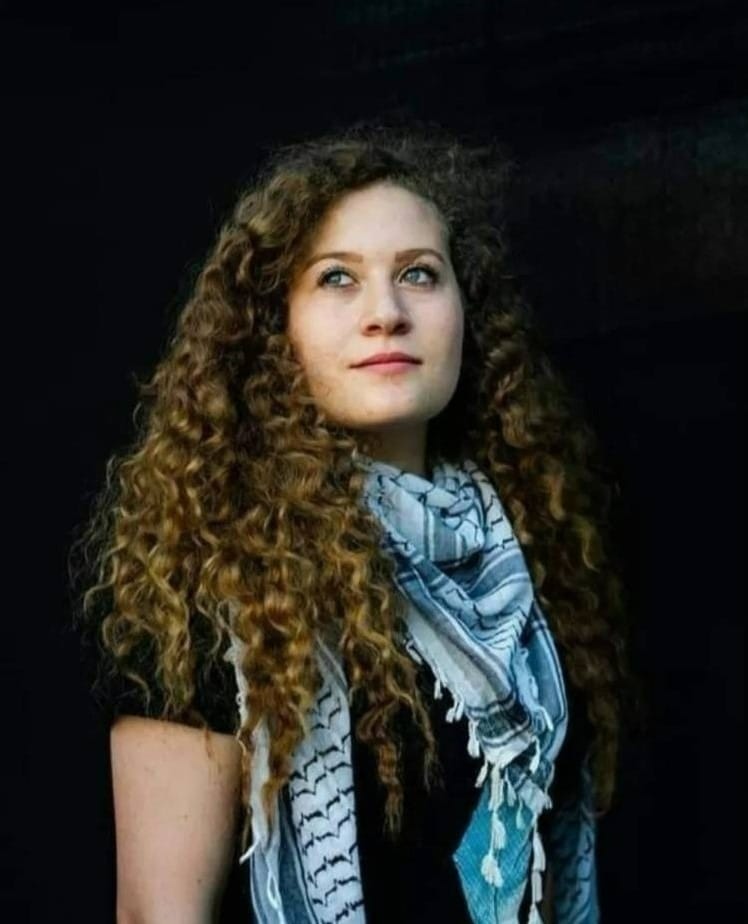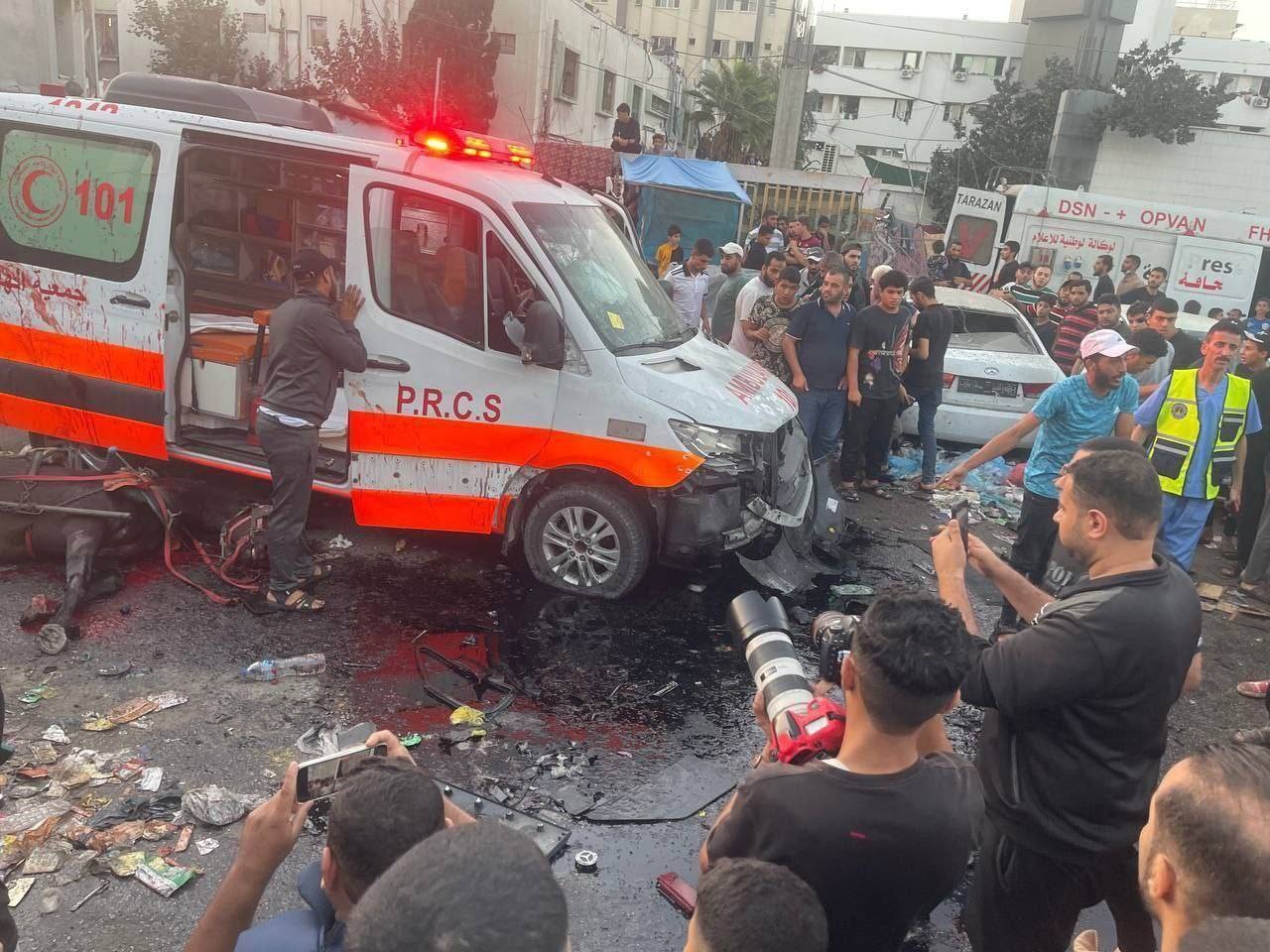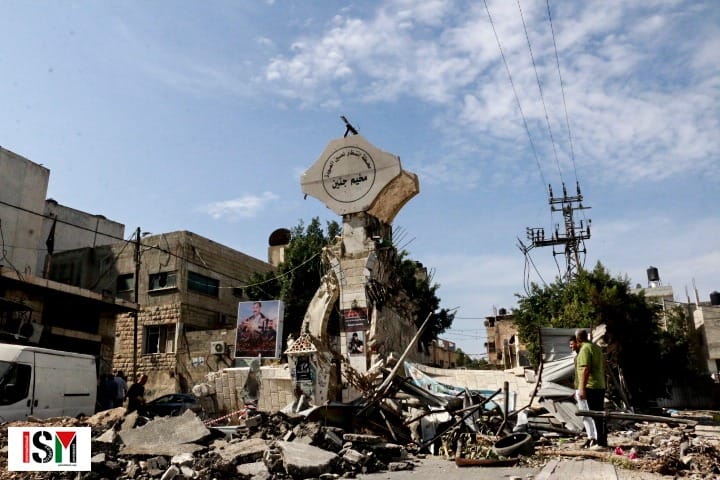Category: Reports
-
Israeli occupation forces arrest Ahed Tamimi
6 November 2023 | International Solidarity Movement | International Women’s Peace Service Prominent Palestinian activist, Ahed Tamimi, was arrested in her home in the village of Nabi Saleh near Ramallah, in the early hours of today, November 6. Following the 22-year-old’s arrest, right-wing Israeli media allied with occupation forces and Israeli far-right politicians issued violent…
-
Eradicating people from Gaza
The onslaught on Gaza is non-stopping and gaining pace. In the last few days, the attacks from the air, ground and sea have claimed hundreds of lives. The majority of dead and wounded are women and children. As of November 4, the number of those killed was 9,485 of which 3,900 were children and…
-
Israeli forces bulldoze Jenin monument in deadly night raid
1 November 2023 | Jenin | International Solidarity Movement By Diana Khwaelid On Sunday, October 29, a huge column of military vehicles stormed the city of Jenin in an overnight raid, killing four Palestinians, and destroying a monument for Jenin’s martyrs. Israeli soldiers invaded the city’s Jenin camp at 12.30am, accompanied by an armed…



